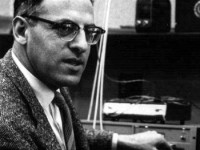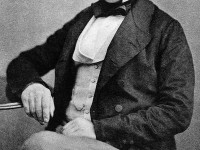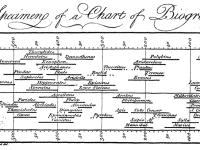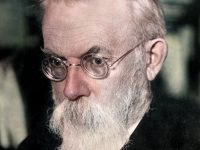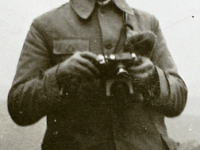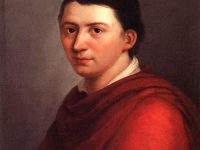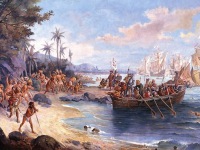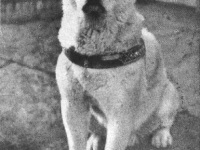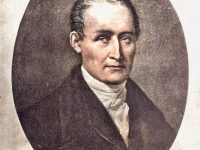Frederick Reines’ Chase for the Ghost Particle
On March 16, 1918, American physicist and Nobel Laureate Frederick Reines was born. He is best known for his co-detection of the neutrino with Clyde Cowan in the neutrino experiment. The neutrino is a subatomic particle, a tiny lepton with little or no mass and a neutral charge which had been postulated by Wolfgang Pauli in the early 1930s but had previously remained undiscovered. Reines shared the Nobel Prize with physicist Martin…
Read more

